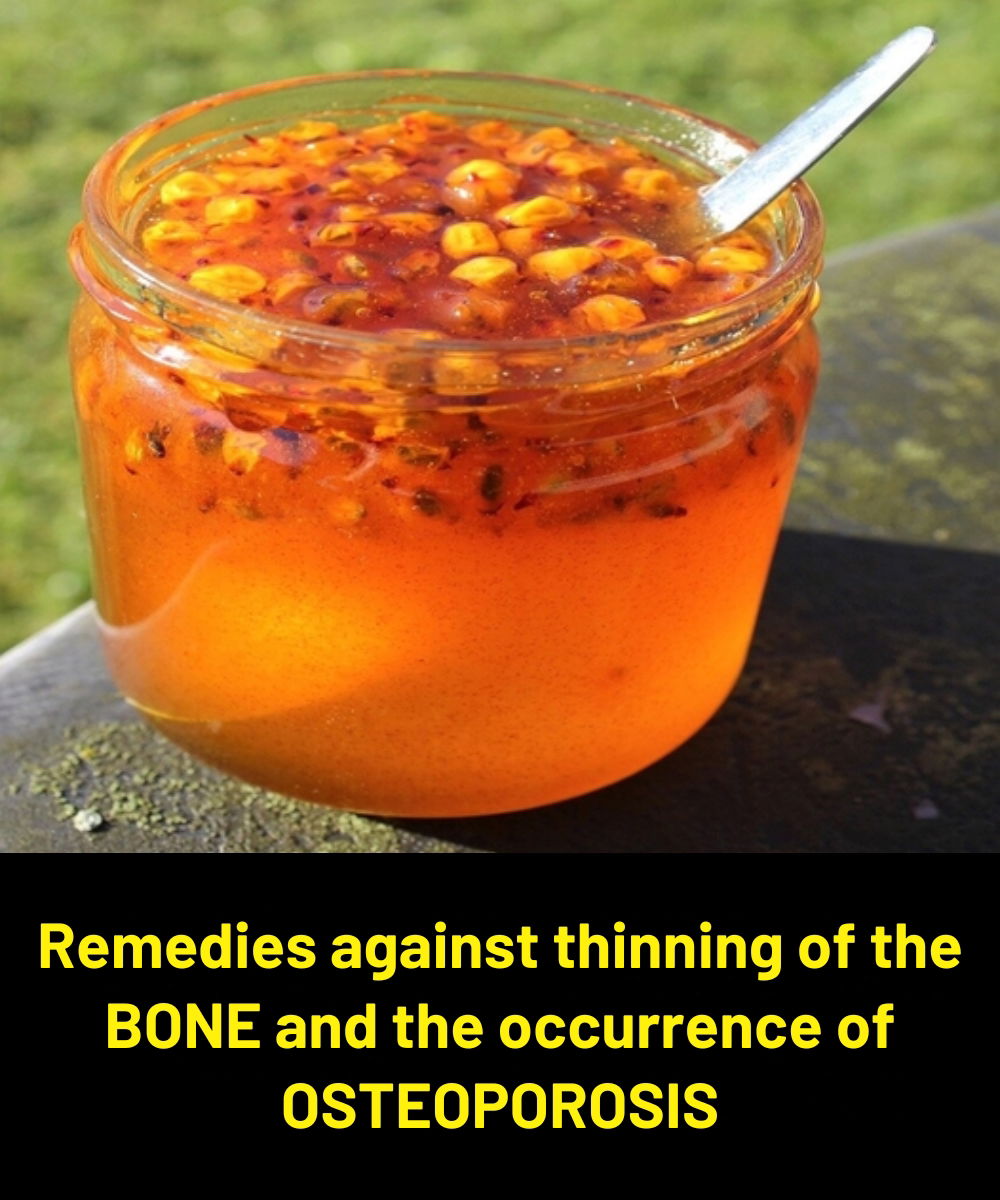
As people age, their bones naturally become thinner and more fragile, increasing the risk of developing osteoporosis. This is especially true for women going through menopause, a phase marked by a significant drop in estrogen and progesterone levels.
After menopause, a woman’s bones lose density more rapidly. The decrease in estrogen slows calcium absorption in the digestive system, making bones more vulnerable. Osteoporosis is officially diagnosed when bone mineral loss reaches between 30% and 50%.
Natural Support for Osteoporosis
Several natural remedies can help slow the aging of bones and support their strength. These options offer nutritional value, anti-inflammatory benefits, and hormone-like effects without synthetic medications.
Sea Buckthorn Oil
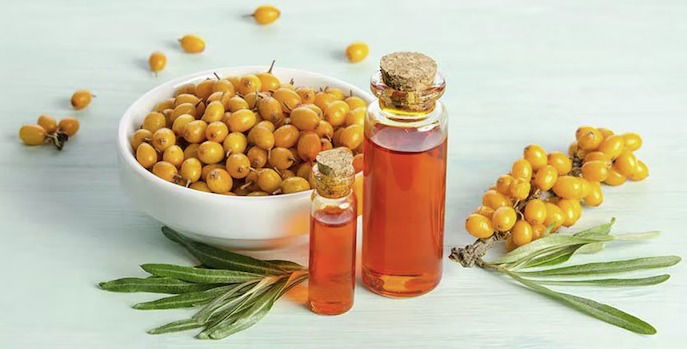
This oil is a powerful source of antioxidants such as beta-carotene, polyphenols, and vitamin E, along with vitamins D, F, and K.
It also contains calcium, magnesium, and healthy fats like gamma-linoleic acid, all of which help combat inflammation and aging.
Horsetail Tincture or Tea
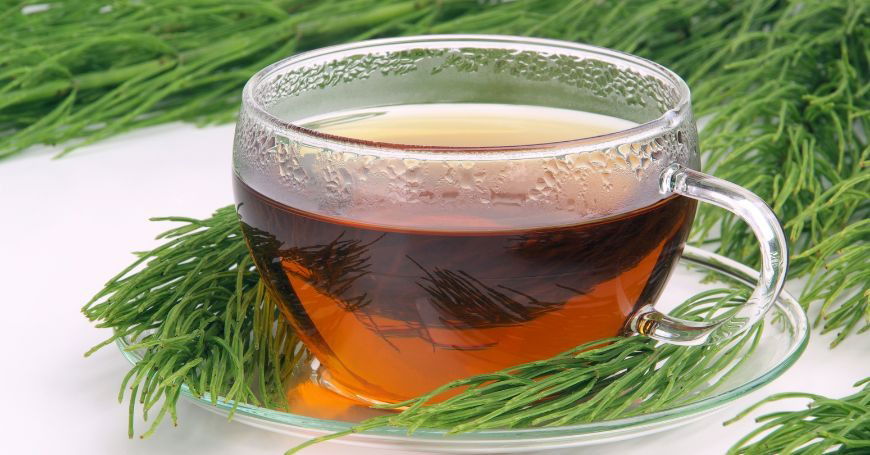
Horsetail is a silica-rich plant known to support bone strength. Studies show that horsetail extract (used alone or with calcium) can help boost bone density.
Herbalists like Dr. John Ray Christopher believed that the silica in horsetail converts into calcium in the body.
Fish Oil (Omega-3 Fatty Acids)
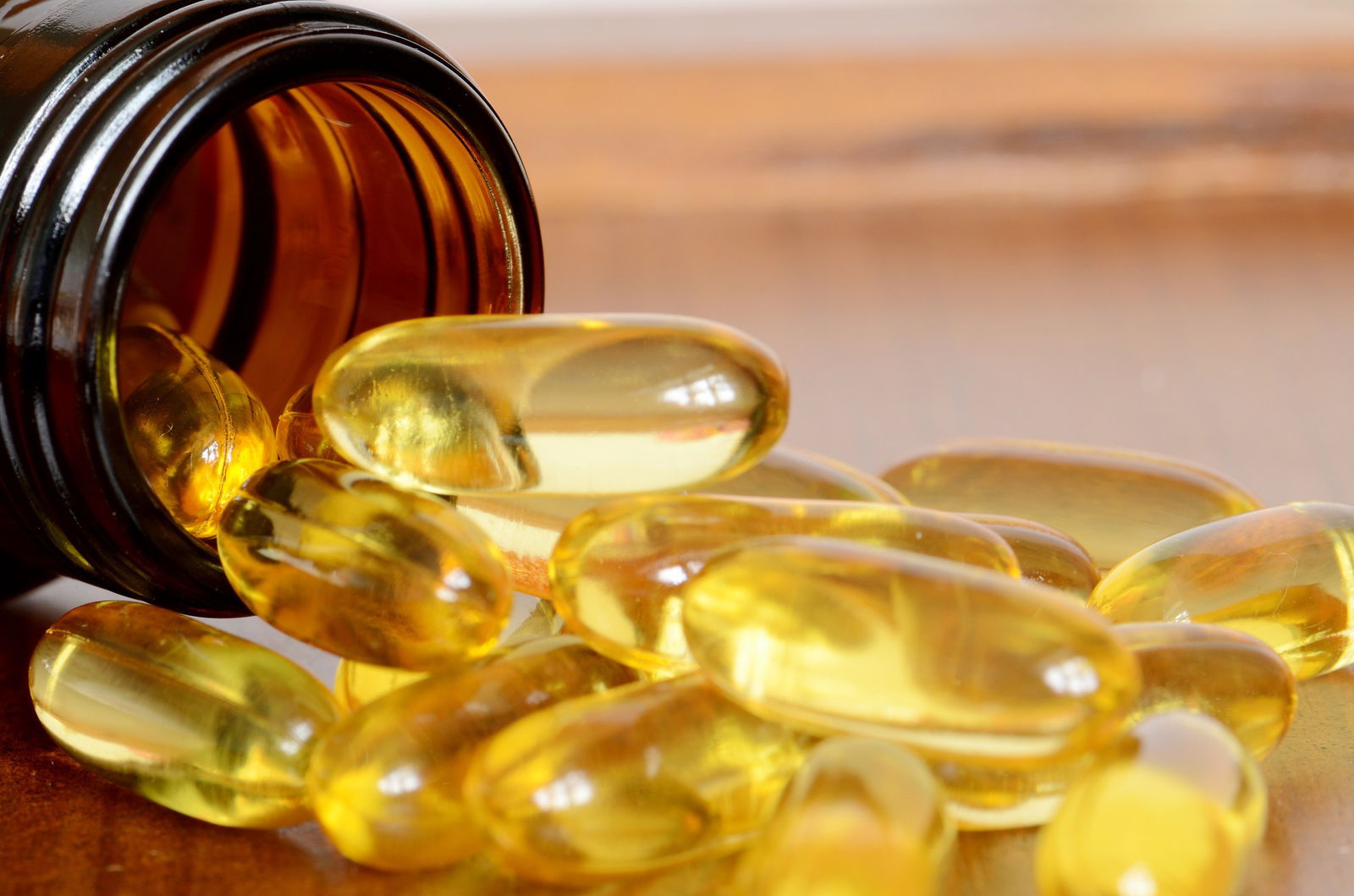
Research, including a University of Texas study in mice, found that fish oil helps maintain bone density, reduces bone breakdown, and supports bone formation.
Rich in omega-3 fatty acids, fish oil is extracted from oily fish like salmon, sardines, and herring.
In addition to bone health, omega-3s may also ease joint pain and inflammation, especially for those with rheumatoid arthritis.
Other helpful supplements include spirulina and blackcurrant bud extract, both known for their mineral content and anti-inflammatory properties.
Diet for Stronger Bones
A bone-supportive diet should consist of mostly raw foods—ideally, two-thirds of daily intake—including vegetables, fruits, nuts, and sprouts.
Sesame seeds are especially valuable due to their bioavailable calcium content. They can be eaten ground, or as tahini or halva. Dishes like hummus—a blend of chickpeas, sesame, lemon, garlic, and olive oil—are both nutritious and delicious.
Recommended nuts include almonds, pistachios, and walnuts. Peanuts should be avoided by those with osteoporosis.
Green vegetables, rich in silica and calcium, help build strong bones, just like in ancient times when gladiators consumed silica-rich foods. Start your day with a vegetable smoothie made from carrot juice blended with greens like spinach, nettle, watercress, parsley, or basil. Drinking 300–400 ml daily can replenish vital minerals.
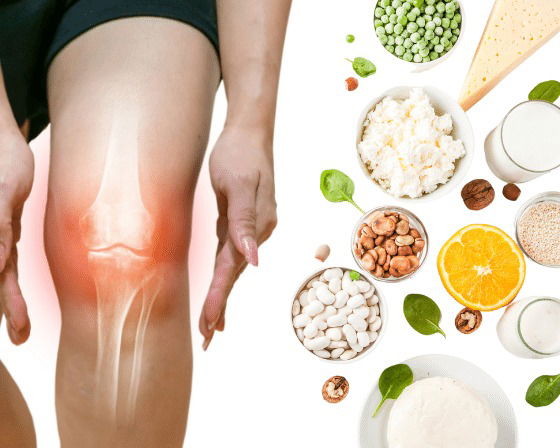
Limit processed and acidic foods, which deplete bone mass. Be cautious with animal products, which can interfere with calcium absorption. Instead, pair whole grains with legumes, such as chickpeas and oats, soy and rice, or lentils and corn.
Other helpful foods include Lithothamnion calcareum algae and ground hemp seeds.
Finally, sunlight and movement are essential. Daily walks, dancing, or jogging promote bone hardening through light impacts. Regular bone density scans (focused on hips and spine) and blood tests (checking parathyroid hormone, beta cross-laps, and alkaline phosphatase) can help detect early signs of osteoporosis.




















